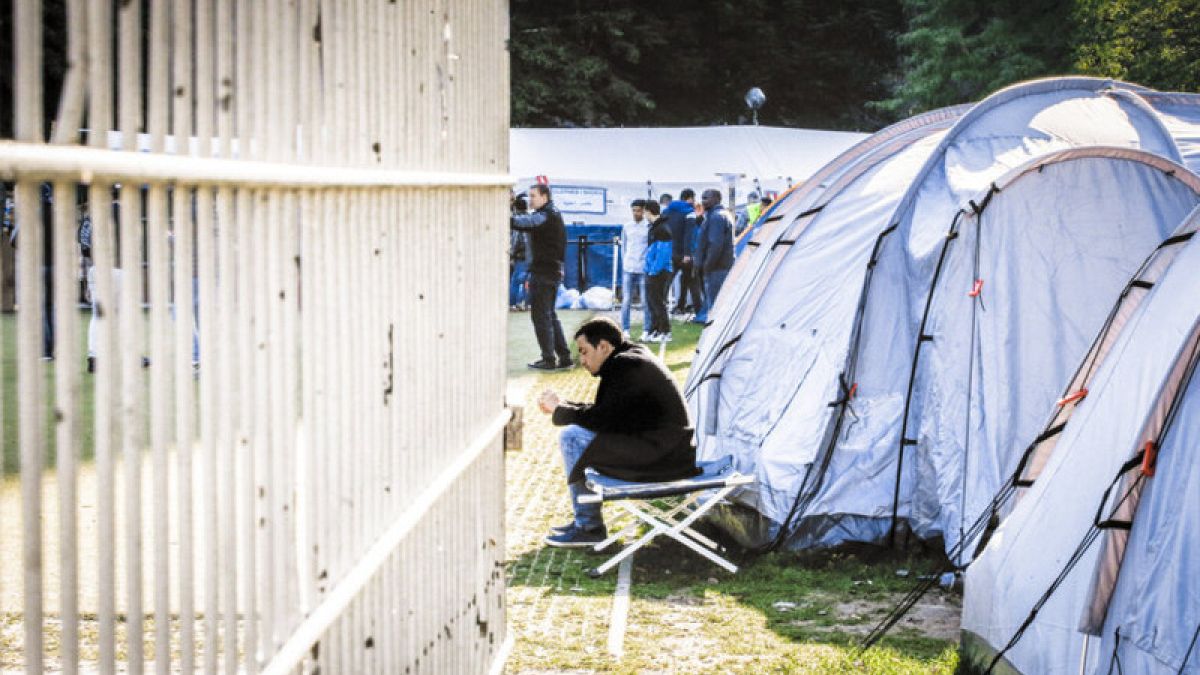A coalition of right-wing lawmakers in the European Parliament recently stirred controversy by calling for the construction of physical barriers at the European Union border as part of discussions surrounding the 2025 budget. This proposal, put forth by lawmakers from the Europe of Sovereign Nations (ESN) group, received support from members of the European People’s Party (EPP), the largest group in the Parliament. The amendment, which demanded funding for “external physical barriers” at the Union border, was backed by 329 Members of the European Parliament, including far-right groups like Patriots for Europe and the European Conservatives and Reformists, in addition to ESN.
While the amendment did not pass as a whole, its proposal caused division within the Parliament, with centrists and socialists expressing outrage over the EPP’s support for the amendment. Critics accused the EPP of aligning with far-right groups and deviating from the majority coalition that supports European Commission President Ursula von der Leyen. Romanian socialist Victor Negrescu, the lead MEP for the budget file, emphasized that a resolution attached to the EP’s position was unnecessary for negotiations with the Council, which represents EU member states. The two institutions are expected to reach an agreement on the allocation of EU funds by November 18.
The EPP’s vote with far-right groups also drew criticism from centrists in Renew Europe, with some expressing concern about the implications for the unity of the coalition. Fabienne Keller, a French MEP and rapporteur for the Asylum Procedure Regulation, highlighted the seriousness of the situation and the potential impact on the support for Von der Leyen as Commission president. Despite the backlash, the EPP celebrated the Parliament’s decision to increase funding for the Border Management and Visa Instrument, indicating a commitment to border security measures in the budget.
The proposal for external physical barriers at the EU border reflects a growing concern among right-wing lawmakers regarding immigration and border control. The emphasis on fortifying the Union’s borders aligns with a broader trend of nationalist and protectionist policies in Europe and beyond. While the specific details of the proposed physical barriers were not outlined in the amendment, the call for increased funding suggests a willingness to invest in measures aimed at enhancing border security and controlling the flow of migrants and asylum seekers.
The controversy surrounding the EPP’s support for the amendment highlights the complex political dynamics within the European Parliament and the challenges of building consensus on key issues such as budget allocation and border security. The decision to align with far-right groups has strained relations within the majority coalition and raised questions about the EPP’s commitment to upholding European values and principles. As the EU navigates ongoing debates over migration and asylum policies, the role of political parties in shaping the future of the Union will continue to be a topic of contention and scrutiny.
Looking ahead, the outcome of the budget negotiations and the broader discussions surrounding EU border policies will be closely monitored by stakeholders both within and outside the European Union. The clash between right-wing, centrist, and socialist factions in the Parliament underscores the diverging perspectives on issues of immigration, security, and sovereignty. Finding common ground and maintaining unity within the EU will be essential in addressing the complex challenges facing the Union, particularly in the context of ongoing debates over migration and border control.











